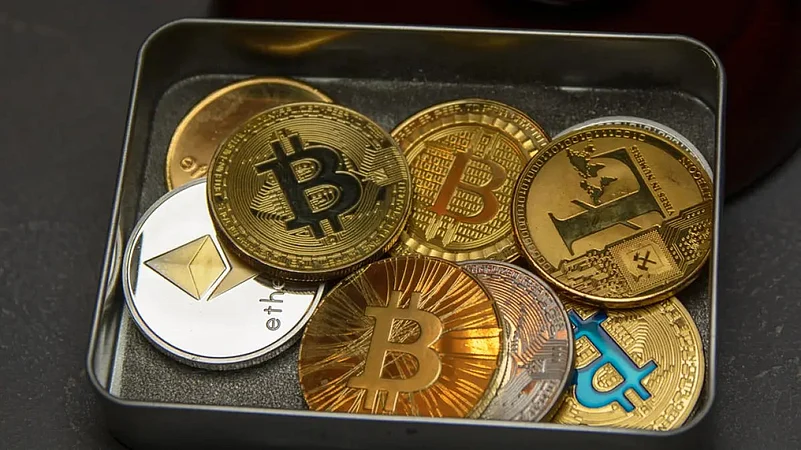With some cryptocurrency exchanges, temporarily disabling all rupee deposit services via the Unified Payments Interface (UPI) and bank transfers through National Electronic Fund Transfer (NEFT), Real-Time Gross Settlement (RTGS) and Immediate Payment Service (IMPS), what other options could crypto investors have?
Recently after the National Payments Corporation of India (NPCI) put out a statement saying that they were not aware of any virtual digital asset exchange using UPI for transactions, some crypto exchanges disabled UPI and other services.
"With reference to some recent media reports around the purchase of cryptocurrencies using UPI, National Payments Corporation of India would like to clarify that we are not aware of any crypto exchange using UPI,” the statement read.
While those account holders who already have amounts in their crypto wallets can trade on the platforms, fiat transactions are blocked. One option for investors in this scenario may be using P2P channels of transaction, provided the exchange in question provides it.
How P2P Is An Option
When all banking, UPI and payment gateway options are not accessible, investors can utilize peer-to-peer (P2P) transactions. “P2P is a wallet-to-wallet transfer; no exchange is involved. It is possible on decentralised exchanges,” says Sandeep Shukla, a professor of Computer Science and Engineering at IIT-Kanpur, and co-director of the National Blockchain Project.
In the P2P method, the crypto exchange matches the buyer’s transaction with a willing seller. Once the transaction is confirmed by the buyer, the seller transfers the token to the exchange that acts as an escrow. The buyer is now required to pay directly to the seller (instead of recharging or loading money in their exchange-linked accounts). The transaction is settled when the seller confirms receiving the money and the exchange then transfers the token to the buyer’s wallet.
The issue is temporary and a solution may emerge soon, says Edul Patel, CEO and co-founder of Mudrex, an algorithm-based crypto investment platform. “UPI transactions across some exchanges have faced a minor blip recently. But investors can still do P2P payments on exchanges. Investors have absolutely no reason to be concerned because of this (UPI) issue,” he says.
Risks In P2P
While P2P is an option for crypto investors who are keen to continue trading, the avenue has risks that investors must be aware of. For starters, the P2P accounts may not be KYC compliant. This means there may be little to no information on who holds or operates the accounts.
There are other dangers too. “This method is fraught with risks as there is no guarantee of settlement and high chances of frauds. The customers may not practically be able to recover their money as the grievance redressal mechanism is almost non-existent, and in most cases, the amounts are not significant,” says Manish Kumar, founder of GREX and RealX.
So, while the P2P avenue is open to investors to trade, there are many risks involved. It may be advisable to hold transactions till there is further clarity on other avenues.
An earlier version of the story erroneously mentioned that CoinSwitch will offer crypto withdrawal and P2P options to its users.













